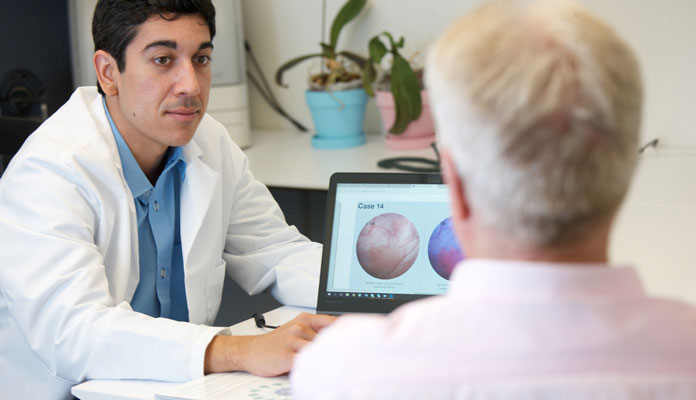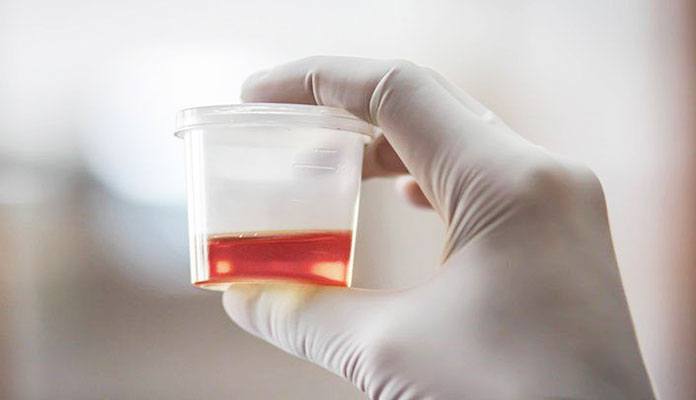Interstitial cystitis is a complicated condition characterized by chronic inflammation in muscle layers of the bladder. It can lead to many problems with urination, such as incontinence, urgency, frequent urination, and abdominal discomfort. Intensity could range from mild to severe. The discomfort can be infrequent or persistent with periods of remission. Women tend to be at higher risks, but men and children can also have it. Read on to learn more about diagnosis and treatment for interstitial cystitis.
Interstitial Cystitis Diagnosis
Physical Exam
At the beginning of diagnosis, your doctor will ask several questions about the medical history of health issues associated with interstitial cystitis. You need to tell your symptoms, medical conditions, and other related problems. Based on the provided information, some additional tests can be done to verify the presence of the condition. A bladder diary involves the recording of fluid volumes you drink and the urine amount you release. Results can indicate some bladder problems caused by interstitial cystitis. In women, a pelvic exam can check for pain in the pelvic floor muscles. In men, a rectal exam can find out prostate issues. [1]










